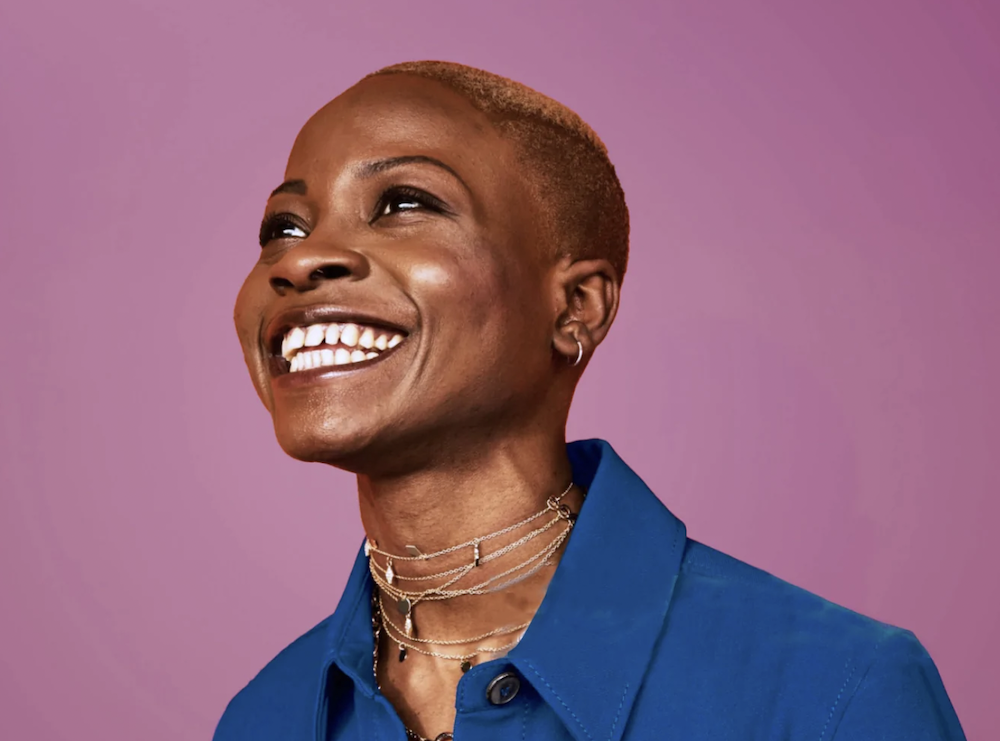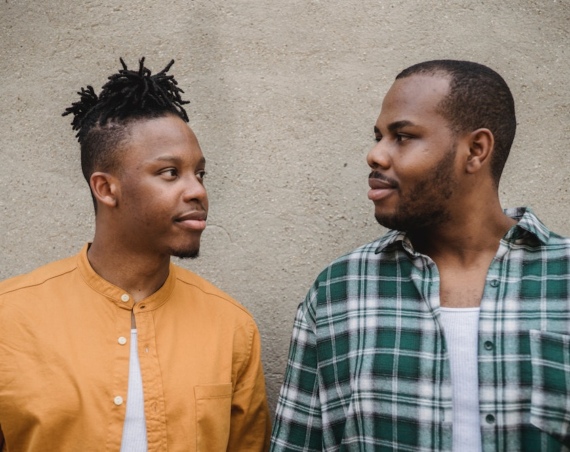
Bonafide, a women’s healthcare company offering naturally powerful solutions to manage menopause has released its second State of Menopause Study, which aggregates symptoms and treatments, awareness, and societal stereotypes of over 2,000 menopausal aged women in the United States.
In an effort to support women throughout their menopause journey, Bonafide is on a mission to destigmatize the topic of menopause, which is often under-discussed due to the lack of education and taboo nature of women’s health in general. As a result, Bonafide conducted this survey to address the need for increased resources on menopause to help aid women through this life journey.
Key take-aways:
- 92% of women feel more education is needed about the menopause journey
- 88% of women feel men should have a greater awareness of menopause
- 71% feel there needs to be more education on how to manage menopause symptoms
- 62% think more pro-aging content directed at women is needed to destigmatize ageism associated with menopause
Compared to last year’s survey, women are becoming more aware of the signs and symptoms that occur throughout the menopause transition, but still feel the need for greater education on the topic to better prepare them for this life stage. This year’s study found that there is a generational gap between women in their early 40s and mid-50s who actively spoke with their healthcare providers before experiencing symptoms of perimenopause.
- 30% of women aged 40-44 proactively talked with a healthcare professional about perimenopause before experiencing signs/symptoms, whereas only 15% of women aged 55-65 said the same
- 25% are not aware when perimenopause typically starts and 31% do not know their treatment options
- Only 28% of women knew how to care for themselves during perimenopause before it started
- 42% of women surveyed aged 55-65 were not prepared for how long perimenopause lasts
When it comes to the beginning of the menopause experience, women are given few symptom management options including hormone replacement therapy and over-the-counter treatments. Many are unsatisfied with their choices while others simply choose to “tough it out.” More than half the women surveyed felt unprepared for menopause symptoms and reported wishing that they had more awareness of what to expect.
- When it comes to experiencing menopause, only 6% felt prepared for all symptoms. The symptoms respondents were not prepared for included hot flashes (52%), sleep problems (51%), and night sweats (49%); while brain fog and increased feelings of depression, anxiety, and stress followed closely behind (47%)
- Thinking about sex during menopause, 43% of women experienced low libido, resulting in 33% having decreased confidence in the bedroom
According to the survey, women going through menopause feel they are missing adequate support from the men in their lives including, spouses/romantic partners, brothers, sons, etc. Women are more likely to feel secure with their symptom management if men had a broader knowledge of the topic earlier in life.
- 58% of respondents feel supported by their spouse/romantic partner whereas 23% feel a lack of support from male family members (brother, father, son)
- 29% feel a lack of understanding from their partner regarding intercourse during menopause
- 41% said they would feel more supported by the men in their life if there was more education on the topic and if women’s health was discussed on a more general level
- 31% of women surveyed aged 40-44 said their spouse/romantic partner knew a lot about menopause before they spoke to them about it, vs. 15% of women surveyed aged 55-65 said the same
Menopause is often associated with old age and 25% of women feel an aversion towards it. However, 44% of women still don’t feel “old” and feel the negative stigmas associated with age affect how menopause is addressed in the media.
- 36% have anxiety over aging and think there is more pressure to “age gracefully”
- 30% aren’t confident embracing their age
- 32% think there are more stereotypes and prejudice toward older women compared to previous years
- 34% would feel more supported as they age if more conversations were represented in the media
Censuswide surveyed 2,005 women across the United States between 40-65 years old on their experience with menopause, overall knowledge before starting menopause, and insights on male support. Bonafide’s research detects there is still a need to increase access to educational resources, address the stigma associated with age, and engage in more regular discussions around the topic.



